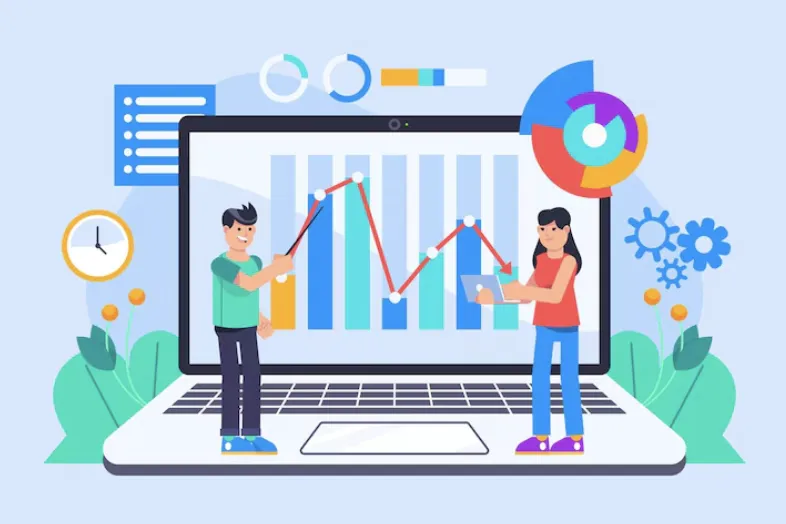Mastering Data Analysis

In the era of information overload, the ability to analyze data is more important than ever. Data analysis skills enable individuals and businesses to make informed decisions, uncover trends, and optimize performance. This article delves into the significance of data analysis, key skills to develop, and practical ways to enhance your data analysis capabilities.
Why Data Analysis Matters
Informed Decision-Making:
- Data analysis provides the insights needed to make evidence-based decisions. Whether it's determining the best marketing strategy or optimizing operational efficiency, analyzing data helps to reduce uncertainty and improve outcomes.
Competitive Advantage:
- Organizations that leverage data effectively can gain a competitive edge. By understanding market trends, customer preferences, and operational inefficiencies, businesses can adapt and thrive in a rapidly changing environment.
Problem Solving:
- Data analysis helps identify problems and their root causes. By analyzing relevant data, you can uncover patterns and correlations that might not be immediately apparent, leading to more effective solutions.
Performance Optimization:
- For individuals, data analysis can enhance personal productivity and effectiveness. For businesses, it can lead to improved processes, better resource allocation, and higher profitability.
Key Data Analysis Skills
Statistical Analysis:
- Understanding statistical concepts is fundamental for data analysis. This includes knowledge of descriptive statistics (mean, median, mode) and inferential statistics (hypothesis testing, regression analysis).
Data Visualization:
- The ability to present data visually is crucial for communicating insights. Tools like Tableau, Power BI, and even Excel allow you to create charts, graphs, and dashboards that make data easier to understand and act upon.
Programming:
- Proficiency in programming languages such as Python and R is highly valuable. These languages are widely used for data manipulation, statistical analysis, and machine learning.
Database Management:
- Knowledge of database management systems (DBMS) like SQL is essential for extracting, cleaning, and managing large datasets. SQL skills enable you to query databases efficiently and retrieve relevant data.
Critical Thinking:
- Data analysis is not just about technical skills; it's also about critical thinking. Being able to ask the right questions, identify relevant data, and interpret results accurately is key to deriving meaningful insights.
How to Improve Your Data Analysis Skills
Enroll in Online Courses:
- There are numerous online courses that cover various aspects of data analysis. Platforms like Coursera, Udemy, and edX offer courses ranging from beginner to advanced levels. For instance, courses on Python for data analysis or SQL for data management can provide a solid foundation.
Use Real-World Projects:
- Practical experience is invaluable. Work on real-world projects or case studies to apply your skills. For example, analyze sales data to identify trends or customer data to segment markets.
Practice with Tools:
- Familiarize yourself with popular data analysis tools. Practice using Excel for basic analysis, Tableau or Power BI for visualization, and Python or R for more advanced analysis.
Stay Updated:
- The field of data analysis is constantly evolving. Follow industry blogs, attend webinars, and participate in forums to stay updated with the latest tools, techniques, and best practices.
Join a Community:
- Join online communities and forums where you can interact with other data analysts. Websites like Stack Overflow, Reddit, and LinkedIn groups provide platforms for asking questions, sharing knowledge, and learning from others' experiences.





